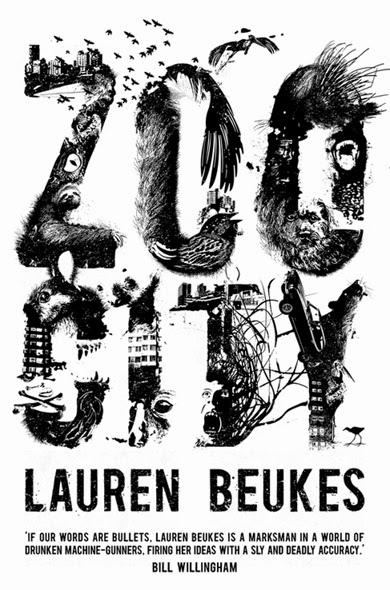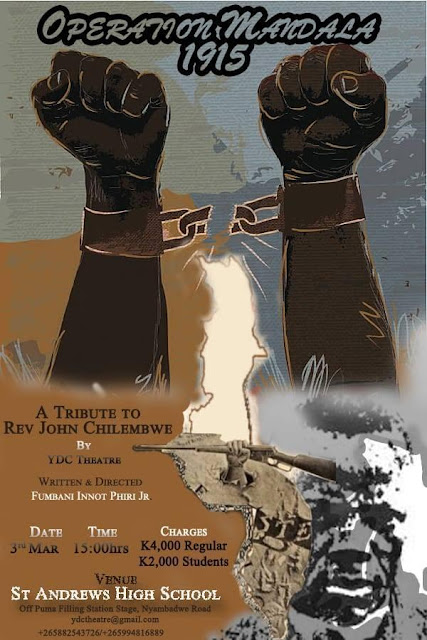International Writers Workshop in Malawi
.jpg) |
| Left to Right: Pius Nyondo, Me, Tiseke Chilima, and Hagai Magai |
I had the great honour
of participating in my first ever writing workshop, and it was nothing short of
mind blowing! It was a thrilling union of seasoned published authors from
Africa and beyond, and 10 young, unpublished but enthusiastic, Malawian writers
from different backgrounds. Being one of the second group, I valued the unique
opportunity to pick the brains of those who have walked the path that I am
working towards reaching one day. That path leads to the out of world experience
I’ve pictured countless times – holding a printed and bound novel in my hands
with my name on it.
Opportunities like
these aren’t common enough in Malawi, and I commend Shadreck Chikoti and Trine
Andersen for initiating such a project, that I pray is the beginning of even
more activities which nurture the nation’s writing industry. It was well
organised, enjoyed by all involved, and taken as seriously as it needed to be
in order for it to be effective.
To enter, applicants
had to submit a short sample of our writing several months prior. The event
opened on the 20th of November, with an evening of writers, poets
and a singer sharing their brand of art, while we enjoyed snacks and drinks at
the Golden Peacock Hotel in Lilongwe. We got to hear the works of Beatrice Lamwaka
(Uganda), Billy Kahora (Kenya), Trine Andersen (Denmark),
and Jackee Batanda (Uganda) in their own voices. Also performing their work
were poets Q Malewezi and Yolanda Kaluma. George Kalukusha sang a couple of
songs he wrote, whilst playing upbeat guitar music. It was a chilled evening,
and a lovely opportunity to chat with artists about art.
 |
| Left to Right: Me, Q Malewezi, Yolanda Kaluma, and Dayrica Chidyaonga |
The three day workshop
covered the fundamentals of fiction writing, where we learnt from the
facilitators what sources of inspiration are available for writers. We
discovered how the authors of our favourite African books used setting, character,
dialogue, conflict and voice to write compelling stories. We learnt how to
“show” story aspects instead of merely “telling” (a familiar challenge for many
fiction writers), how to write truthfully using real feeling, and how to avoid
and/or replace adjectives and adverbs.
A writing workshop is
not complete without plenty of writing exercises. The most memorable exercise
instructed us to: “Describe a lemon without using the words lemon, yellow, round, fruit, or sour.” After each exercise, we practiced critiquing the writing of our
peers – as well as taking critiques of our own work without kicking and
screaming.
Even after all of the
topics we covered, the time seemed to dissolve, leaving us with a sense that we
had barely scratched the surface. Nonetheless, we parted ways with a richer
network of word smiths than we had before the workshop, and a commitment to
continue working together.
 |
| Shown on the Right: Immulanie Makande |
When the workshop ended,
our facilitators asked what we had gotten out of it. Personally, I was inspired
by our teachers who each had something new to teach about the specific skills
of writing. I was also encouraged by the level of talent I found in my fellow
writers, which made me feel that there is hope to build a thriving story
industry which will see Malawian fiction exported to the far reaches of the
world and give the world a fresh perspective of our country. A salute to my
fellow writers in training, Lily Banda, Aubrey Chinguwo, Hagai Magai, Muthi
Nhlema, Pius Nyondo, Tiseke Chilima, Tuntufe Simwimba, Yolanda Kaluma, and
Immulanie Makande.
-----
This article was featured on Nyasa Times.com




Comments
Post a Comment